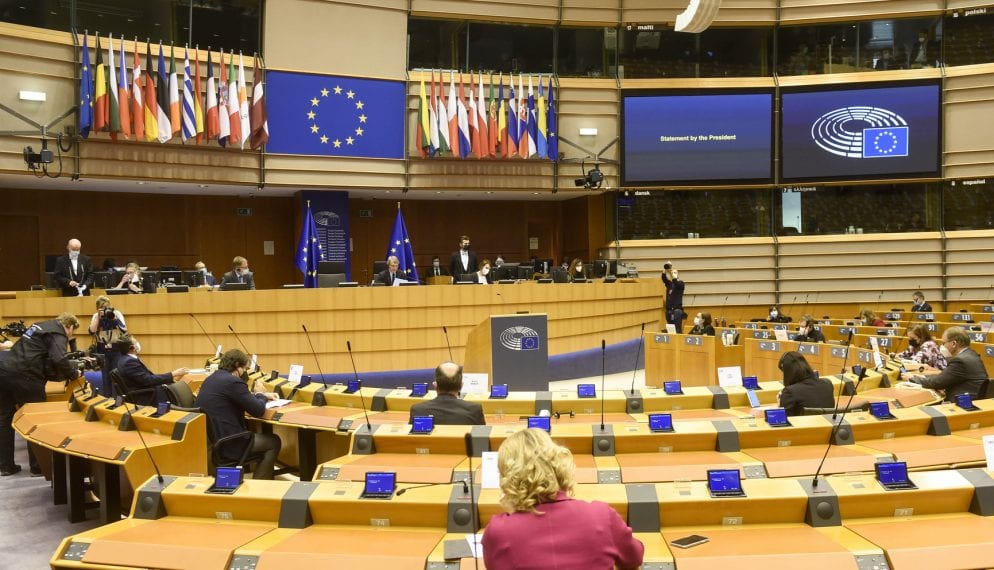
An EU vaccine passport is not a solution for all Erasmus participants
2021. 06. 15.
The European Parliament voted last week on an EU vaccine passport. Fidesz MEPs Ernő Schaller-Baross and Andrea Bocskor addressed direct questions to the European Commission regarding the issues surrounding such an agreement, as more and more Erasmus institutions return from online programs to physical mobility from September. The politicians drew the European Commission’s attention to the disadvantages students who want to study in Europe but not in an EU Member State will have to face due to the territorial scope of the COVID passport.
Every year, thousands of Hungarian and hundreds of thousands of European students travel abroad for part-time study or internships through the Erasmus program. The program includes non-EU countries such as Northern Macedonia, Turkey and Serbia, as well as Ukraine in some Erasmus partnership programs.
“It is crucial that Hungarian students can participate in the Erasmus + mobility program smoothly, as the Covid pandemic has had a negative impact on ongoing and planned activities over the past year. Thanks to the measures of the Hungarian government, Hungarian citizens vaccinated against the coronavirus can travel without a test and quarantine obligations to neighboring countries, e.g.: Ukraine, Serbia, Romania and Slovakia, but the situation of students wishing to study in other non-EU countries or from partner countries is still precarious,” said MEP Andrea Bocskor.
Under an EU regulation voted last week, in addition to EU Member States, Iceland, Liechtenstein, Norway and Switzerland can join the COVID passport scheme.
“A solution must also be found for those who want to travel to other non-EU program countries, such as Serbia or the United Kingdom, which is still involved in next year’s projects,” said MEP Ernő Schaller-Baross. The Erasmus + program is intended to provide free movement for participating students between their Member State and the country of destination, but the vaccine passport does not facilitate this in its current form”.
If the Commission does not work out a solution, the countries of destination may take measures against Erasmus students, such as restrictions on entry or quarantine. The Fidesz MEPs are asking the European Commission to answer whether it intends to facilitate the mobility of students traveling to countries that are not part of the EU vaccination system. “The Commission needs to make it clear how it intends to ensure that these students are not disadvantaged,” the MEPs said. The European Commission must answer this question within the next six weeks.